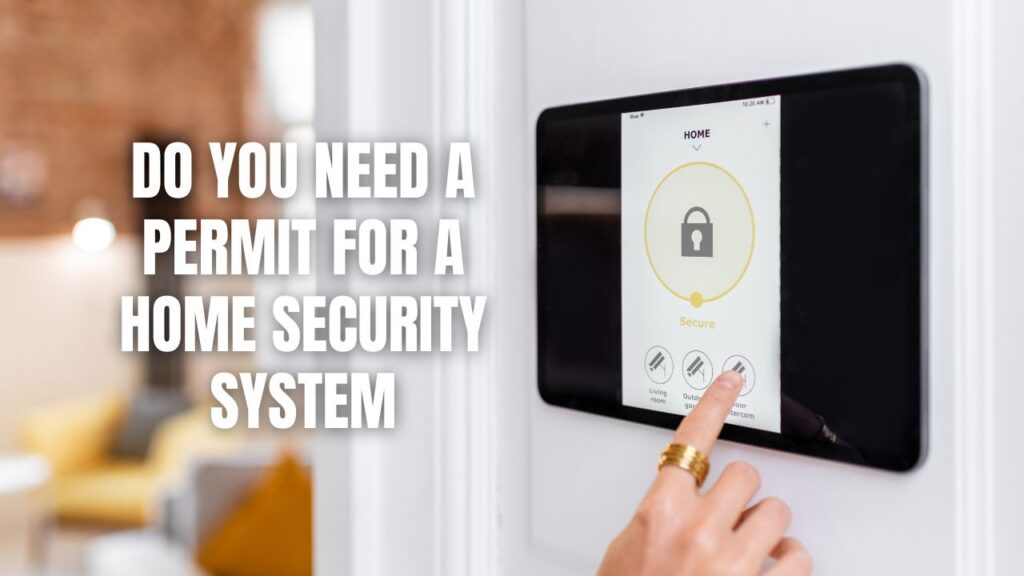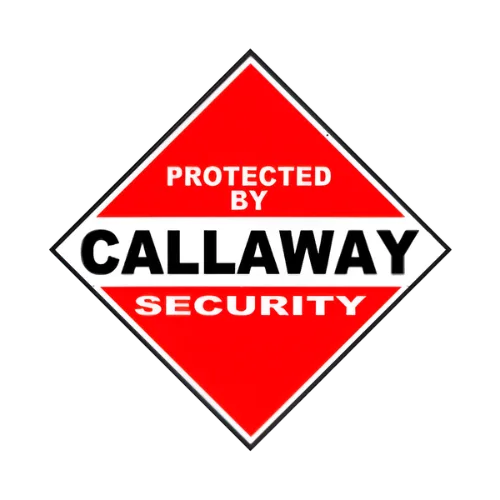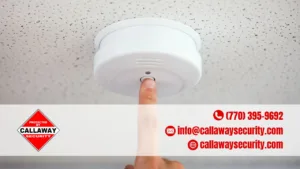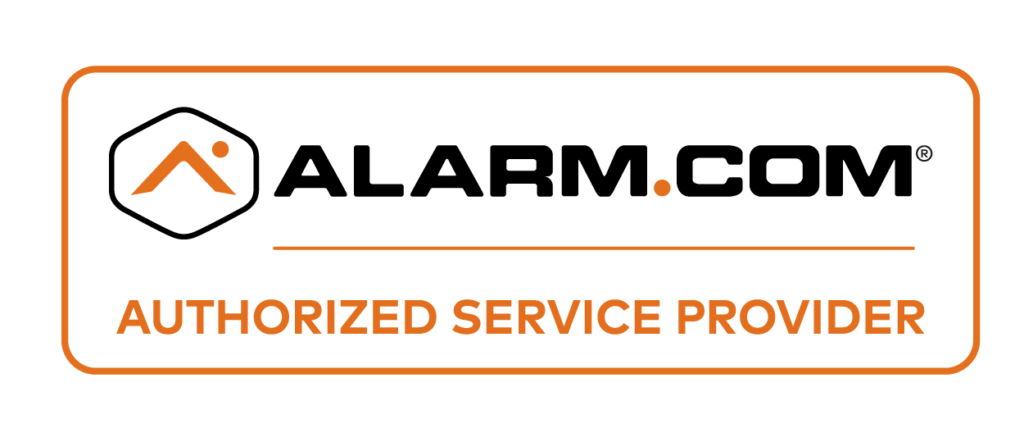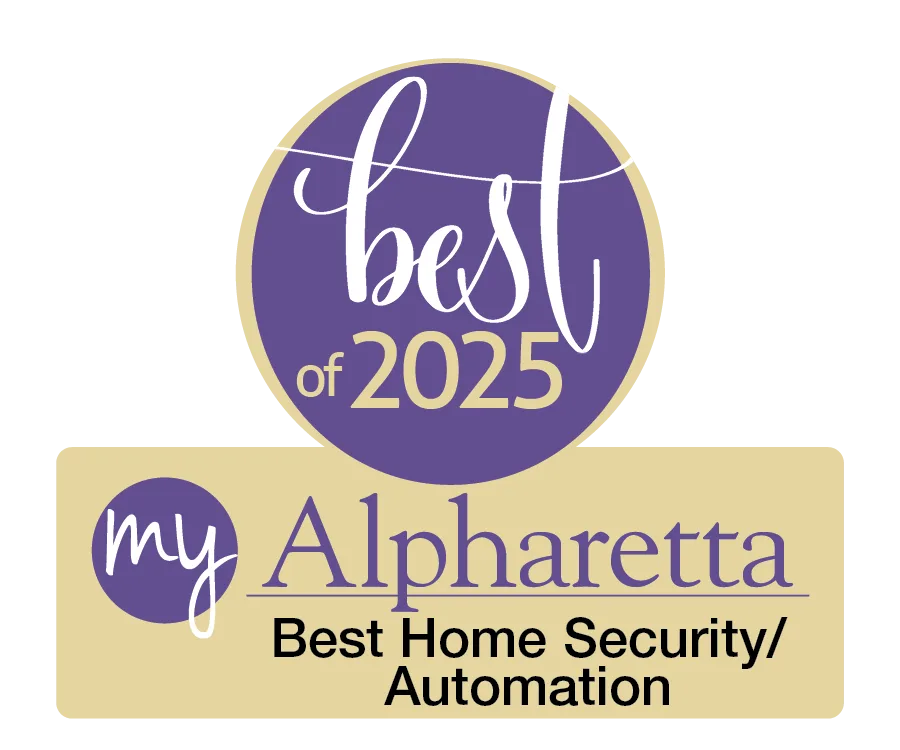Yes, you may need a permit for a home security system, especially if it includes professional monitoring or emergency response services.
Many cities and counties require homeowners to register their security systems with local authorities. These permits help emergency services manage alarm responses efficiently and reduce false alarms. The requirements vary by location, and the costs range from $25 to $100 annually. Not having a required permit can lead to fines, delayed emergency response, or even legal penalties.
Key Takeaways:
- Permit requirements vary based on location, system type, and monitoring features.
- Alarm permits help local authorities manage emergency responses and reduce false alarms.
- Three main permit types exist: Police permit, Fire permit, and Electrical permit.
- Failure to get a permit can lead to fines, service denial, and legal consequences.
- DIY systems may not need a permit, but monitored alarms usually do.
- Some security companies assist with permit applications, but it’s the homeowner’s responsibility.

Understanding Home Security System Permits
What Is a Home Security System Permit?
A home security system permit is a registration document issued by local government agencies that allows homeowners to operate a monitored alarm system legally. The permit ensures that emergency services can track, verify, and respond to alarms appropriately.
Why Do Local Governments Require Permits?
Cities and counties require security system permits for several reasons:
- False Alarm Reduction – Over 90% of alarm calls are false alarms, which waste emergency resources.
- Efficient Emergency Response – A registered system helps responders quickly identify homeowners and emergency contacts.
- Legal and Financial Accountability – Permit holders can be fined for excessive false alarms, reducing unnecessary dispatches.
Types of Home Security System Permits
1. Police Alarm Permit
- Required for systems that notify law enforcement.
- Helps authorities distinguish real emergencies from false alarms.
- May include an annual fee ($25-$100) depending on the city.
2. Fire Alarm Permit
- Needed if the system is connected to smoke detectors or fire alarms.
- Ensures compliance with fire department regulations.
- Some areas combine fire and police permits into one emergency services permit.
3. Electrical Permit (For Wired Systems)
- Necessary if the system involves permanent wiring.
- Required by city building departments to ensure safe electrical installations.
- Often a one-time permit with an inspection requirement.
Consequences of Not Having a Permit
Failing to obtain a required alarm permit can lead to serious consequences, including:
1. Fines and Penalties
- Some cities charge up to $1,000 in fines for operating an unregistered security system.
- False alarm fines range from $50 to $500 per occurrence.
2. “No Permit, No Response” Policies
- In some jurisdictions, police and fire departments will not respond to unregistered alarms.
- Some emergency services require verification before dispatching officers.
3. Potential Legal Action
- Extreme cases may result in legal consequences, including jail time (e.g., Los Angeles).
- Homeowners may be held liable for misuse or negligence of their alarm system.
How to Determine If You Need a Permit
Steps to Check Local Permit Requirements:
- Contact Your Local Police or Fire Department – They provide official permit guidelines.
- Check Your City’s Website – Many municipalities list alarm permit requirements online.
- Ask Your Security Provider – Some companies, like ADT and SimpliSafe, help with permits.
- Review Homeowner Association Rules – Some HOAs require additional permits or registrations.
Do DIY Security Systems Require Permits?
- No permit needed if the system is self-monitored (e.g., Ring, Arlo, Wyze).
- Permit required if the system alerts emergency services.
- Some cities exempt wireless systems from permit requirements.
Home Security System Permit Costs
| Permit Type | Cost Range | Renewal Frequency |
|---|---|---|
| Police Permit | $25 – $100 | Annual |
| Fire Permit | $30 – $75 | Annual |
| Electrical Permit | $50 – $200 | One-time |
- Some cities combine police and fire permits into one fee.
- Certain jurisdictions offer free or discounted permits for seniors or low-income homeowners.
How to Apply for a Home Security System Permit
Step-by-Step Application Process:
- Check local regulations – Visit your city’s official website or contact local authorities.
- Fill out an application – Some cities offer online forms, while others require mail-in applications.
- Pay the permit fee – Fees vary but are usually between $25 and $100.
- Submit proof of installation – Some areas require documentation from your security provider.
- Receive your permit – Once approved, you will get a permit number for emergency verification.
- Renew annually if required – Some locations require yearly permit renewal.
Additional Information About Home Security Permits
- Moving to a new home? You may need to reapply for a permit.
- Renters may need permission from landlords before getting a permit.
- Businesses have stricter rules for alarm permits compared to residential systems.
- Some cities waive fees for monitored medical alert systems.
FAQs About Home Security System Permits
1. Do all home security systems require a permit?
No. Unmonitored systems and cameras without emergency alerts generally don’t need permits.
2. Can I be fined if my alarm goes off too many times?
Yes. Many cities impose fines for excessive false alarms, sometimes after the first or second occurrence.
3. How do I know if my security system requires a permit?
Check your city’s website or contact local authorities to confirm permit requirements.
4. Can my security company handle the permit for me?
Some companies assist with applications, but ultimately, the homeowner is responsible.
5. What happens if I don’t renew my permit?
Failure to renew may result in fines, service disruptions, or emergency response refusal.
Final Thoughts: Should You Get a Home Security Permit?
If your home security system includes professional monitoring or emergency response, getting a permit is not just recommended—it’s often required. While the process varies by location, taking a few simple steps to register your alarm can save you money, prevent fines, and ensure fast emergency response when you need it most.
Always check with your local authorities before installing a monitored security system. A small fee today can save you from major hassles later! Contact Callaway Security™ to learn more about home security system permits in Atlanta and surrounding areas.

